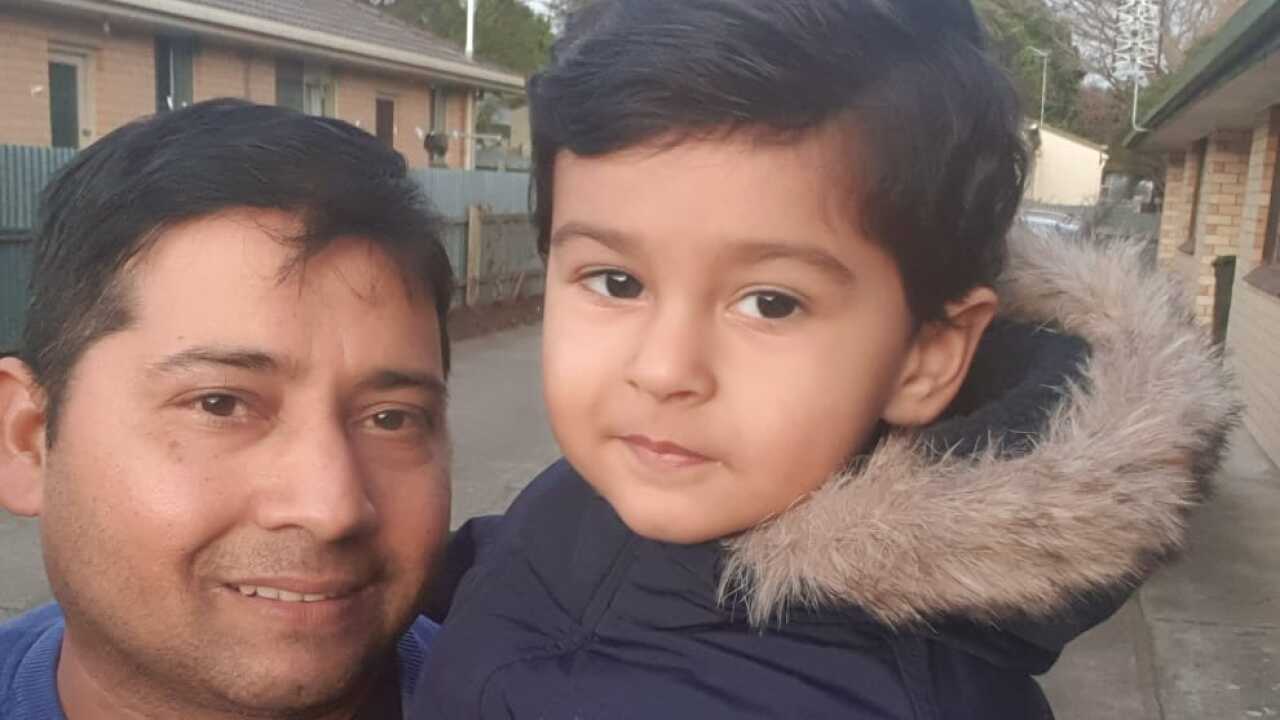Every Saturday and Sunday for the past two years, Shazia Mia has been welcoming new families and migrants to Australia as a volunteer and tells them what makes Australia “a great home.”
While working full-time in Sydney's CBD as a corporate professional, Shazia also works as a volunteer ambassador for the Welcome2Sydney program (offered in partnership between Settlement Services International and the City of Sydney).
“Not only does it give me satisfaction in helping people, because generally speaking when you help people you feel better about yourself,” Shazia says.
“It is selfish but it’s not selfish right; I want to do something good, that I am passionate about. At the end of the day, all these wars and fighting in the world, it is terrible. I cannot change everything, but I can make a difference [to someone], and I can lead by example.”
Shazia migrated to Australia from Pakistan - host to over a million refugees from Afghanistan. She says she understands the challenges the refugees and migrants face when moving to another country.
But volunteering her weekends costs her the time that could have been spent with friends or family. Yet, talking to SBS Urdu she says that compared to what she loses, she gains by helping the mums, dads and children who have suffered in the home countries and have undergone perilous journeys just to reach Australia.
“A community only flourishes if you connect with each other, and we have to make connections with these people. If someone comes to your house, you give them food, you give them water.
The new arrivals are our guests and we have to help them be a part of our society.
Settlements hit by COVID-19
Since the start of the pandemic, settlement of new arrivals has been facing major challenges. Programs such as Welcome2Sydney have been hit by both the COVID-19 and the restrictions to stop the pandemic.
According to Settlement Services International (SSI), in the first half of this year, refugee settlements in Australia have declined by 69 per cent from 2019 levels.
“When the public health crisis began, more than 150 countries closed their borders, fully or partially, to contain the spread of the virus. Two-thirds of those countries made no exceptions for asylum seekers.” SSI General Manager, Yamamah Agha told SBS Urdu.
“As a result, vulnerable families and children across the globe have been halted at borders, those with pending asylum claims wait in limbo, and stricter policies and closed borders impact migration routes, sometimes with fatal consequences.” Yamamah Agha said there were concerns about the effects of isolation, loneliness and trauma being re-triggered.
Yamamah Agha said there were concerns about the effects of isolation, loneliness and trauma being re-triggered.

Shazia Mia (4th from left) with the team of volunteers at a pre-pandemic event. Source: Shazia Mia
“We've done our best to keep people connected. For example, Welcome2Sydney has sustained virtual connections between ambassadors and newcomers.”
Refugee arrivals hit severely
According to the Refugee Council of Australia (RCOA), around 4,000 refugees with Australian humanitarian visas are currently stranded overseas.
Yamamah says that the Australian Government's COVID-19 travel restrictions prevent refugee and humanitarian visa holders from entering the country.
“With many parts of the world already grappling with humanitarian issues, COVID-19 is making life for many refugees more difficult than ever. “
The pandemic does not discriminate, and for those people fleeing violence and persecution and waiting for resettlement, it exacerbates their basic needs -- for food, shelter, clothing and healthcare.
Image
New ways of engagement
The COVID-19 crisis has not stopped Shazia from her passion. She continues to engage virtually with the families currently in the settling process through video chats.
“Yes, it is challenging because there is no face-to-face contact. Technology at the moment is keeping us connected.
“Any form of communication, be it video chats or through texts, I am using to engage with the settlers.” People in Australia must stay at least 1.5 metres away from others. Check your state’s restrictions on gathering limits.
People in Australia must stay at least 1.5 metres away from others. Check your state’s restrictions on gathering limits.

Shazia (inset) talking to new settler Bahja from Syria via video chat. Source: Shazia Mia
If you are experiencing cold or flu symptoms, stay home and arrange a test by calling your doctor or contact the Coronavirus Health Information Hotline on 1800 020 080. News and information is available in 63 languages at


